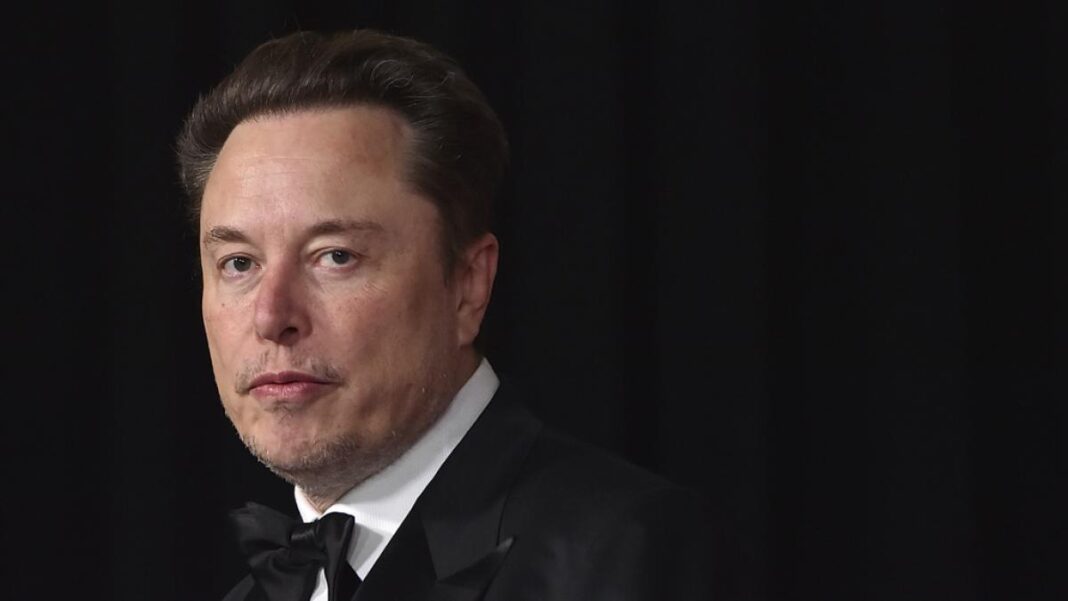BTN News: In recent times, social justice has become a topic of intense debate, particularly among liberal circles. At its core, social justice emphasizes the equitable distribution of fiscal responsibilities. Few would argue against such a principle, yet the reality is that we are rapidly moving in the opposite direction. This issue is so pressing that it has captured the attention of global governance bodies, including the G20. During their ordinary meeting on July 25th and 26th in Rio de Janeiro, the G20 began to take tentative steps towards addressing this critical problem. However, the gravity of the situation is evident, and the need for more decisive action is clear.
The current scenario is stark: around 3,000 individuals, predominantly men, control a staggering 13% of the world’s GDP. This concentration of wealth is accelerating; in 1993, the wealthiest only controlled about 3%. Moreover, these ultra-wealthy individuals typically pay less in taxes than their employees or citizens in lower income brackets. This situation represents a profound injustice, not merely as an abstract concept but as a matter of observable fact. As Gabriel Zucman, an Economics professor at both Paris and Berkeley, has pointed out, fiscal equity is the cornerstone of democracy. Without sufficient tax revenues, governments cannot adequately provide essential services like education, healthcare, and social protection, nor can they address more significant challenges like the climate crisis, which is already destabilizing many countries.
The failure of the ultra-rich to contribute their fair share of taxes has severe consequences. Without these resources, states are forced to increase the tax burden on middle and lower-income classes. This shift makes the welfare state increasingly burdensome for ordinary people, leading to growing discontent with democracy itself. In contrast, if all income levels were taxed proportionately to their earnings, the tax rate for ordinary citizens would decrease significantly, relieving some of the financial pressure on the general population.
The final declaration from the G20 Conference in Rio, signed by finance and economy ministers, explicitly states: “It is important that all taxpayers, including those with very high net worth, contribute their fair share in taxes. Aggressive tax avoidance or evasion by high-net-worth individuals can undermine the fairness of tax systems.” The declaration goes on to emphasize that promoting effective, fair, and progressive tax policies remains a significant challenge, one that international fiscal cooperation and specific national reforms can help address.
Public opinion strongly supports these measures. A June Ipsos survey in G20 countries revealed that 67% of respondents believe there is too much economic inequality, and 70% agree that the wealthy should pay higher income tax rates. This sentiment aligns with the G20’s previous actions. In 2013, the G20 acknowledged the rampant tax avoidance by multinational corporations concerning corporate taxes, leading to political momentum to tackle the issue. The initial action plan included improving tax transparency, increasing fiscal cooperation, and revising harmful tax practices—language that mirrors the approach taken in Rio.
In October 2021, 136 countries and territories (now 140) agreed on a global minimum corporate tax rate of 15%, a significant step forward. At the Rio conference, Gabriel Zucman proposed a coordinated minimum tax of 2% on the world’s 3,000 billionaires, which could generate between $250 billion and $250 trillion annually. Although this specific proposal was not included in the final declaration, the path forward is clear. World leaders can no longer justify unjust tax regimes, and the growing momentum is likely to foster a supportive climate for such measures, accelerating the formation of a critical mass that supports these policies and enhancing international fiscal cooperation.
As the world continues to grapple with unprecedented challenges, from economic inequality to climate change, the need for fiscal equity has never been more urgent. The G20’s recent actions, while only a beginning, mark a crucial step towards a fairer, more just global tax system.


